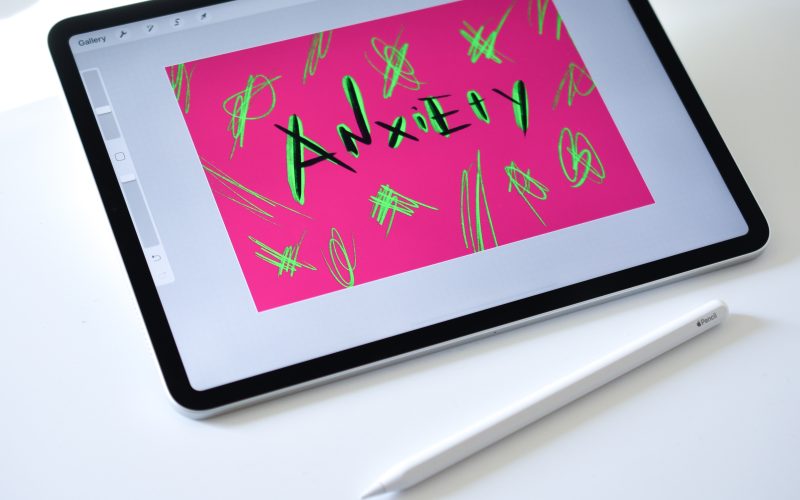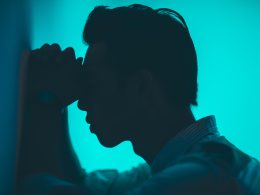Have you ever found yourself tossing and turning in bed, unable to shake off the nagging feeling of anxiety that creeps up on you as soon as the sun goes down? If so, you’re not alone. Nighttime anxiety affects millions of people around the world, but what exactly triggers this unwelcome visitor and why does it seem to strike at night? The answer lies in your body’s circadian rhythm – a complex internal clock that regulates everything from sleep patterns to hormone levels. In this blog post, we’ll delve into the fascinating science behind nighttime anxiety and explore how understanding your circadian rhythm can help alleviate those restless nights.
What is the Circadian Rhythm?
The body’s circadian rhythm is a natural cycle that controls many aspects of daily life, including sleep and wakefulness. The rhythm is controlled by the master clock located in the brain, and it can be affected by a variety of factors, including environment, light exposure, and hormone levels.
Circadian rhythms are often cited as one factor responsible fornighttime anxiety. People with night-time anxiety typically experience heightened levels of anxiety at night due to the natural tendency of the body to enter a state of rest (orleep) at night. This can make it difficult to get a good night’s sleep, which can lead to further anxiety problems.
There are several ways to help manage nighttime anxiety:
One approach is to try to adjust your environment so that you’re more comfortable sleeping. This could mean changing your bedtime habits or avoiding activities that stress you out at night.
Another option is to take medications that help delay sleep onset. These drugs include antidepressants and anti-anxiety medication like benzodiazepines. They work by dampening down the nervous system so that you don’t feel as anxious when you try to fall asleep.
Finally, another approach involves learning about and working with your body’s natural circadian rhythm. This involves understanding how light and dark affect your mood and behavior, and adjusting your schedule accordingly.
What Causes Nighttime Anxiety?
Sleep disturbances are common in adults, and can have a significant impact on overall health. One of the most common sleep disturbances is nighttime anxiety. What causes it?
Nighttime anxiety is generally caused by a problem with the body’s natural circadian rhythm. This rhythm governs everything from our daily energy levels to how our bodies process food and information. Every day, our brains and bodies naturally produce a hormone called melatonin at night to help us fall asleep and stay asleep.
People with disrupted circadian rhythms often experience problems falling asleep, staying asleep, and waking up in the morning. This can lead to increased levels of anxiety during the evening hours. There are many factors that can disrupt our circadian rhythm, including changing schedules, noise exposure, stress, being sick or injured, and using electronic devices in bed (like smartphones). Finding out what’s causing your nighttime anxiety and making some adjustments to your lifestyle can help you get relief from this condition.
How to Treat Nighttime Anxiety with Supplements and Exercise
There are a few ways to treat nighttime anxiety. First, you can try supplements like magnesium or GABA. These supplements can help reduce anxiety and improve sleep quality. Additionally, exercise has been shown to be helpful for relieving nighttime anxiety. Exercise releases chemicals in the brain that can decrease anxiety levels.
Conclusion
Nighttime anxiety is a common problem that many people experience. It can be tough to manage, and there are various factors that contributors to its development. In this article, we explore the science behind nighttime anxiety and provide some tips on how you can overcome it. By understanding what’s going on in your body at night, you can start to make changes that will help you feel more relaxed and less anxious throughout the evening hours.











